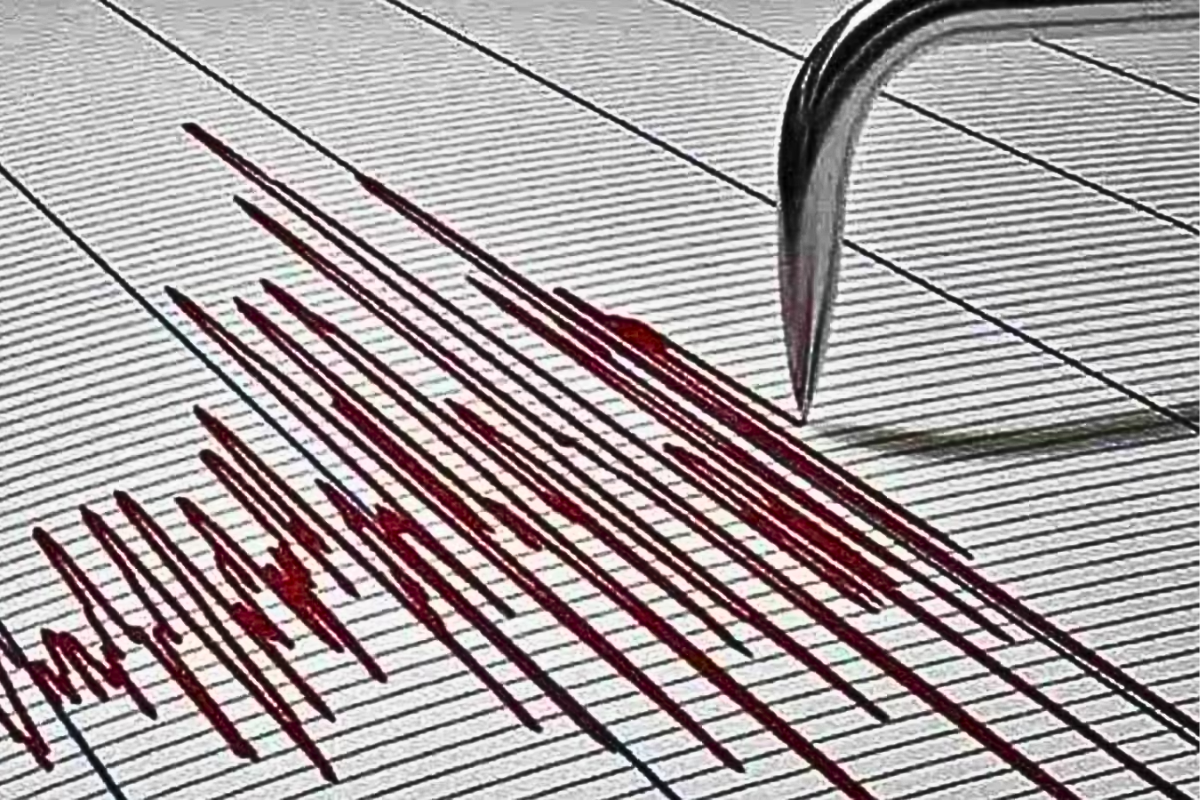NEW DELHI: A powerful earthquake with a magnitude of 6.9 struck Japan’s Kyushu region on January 13, 2025, sending shockwaves across the southern part of the country. The tremor, which occurred in the early hours, rattled communities and triggered widespread concern. The epicenter was located off the coast, southwest of the region, causing significant tremors in nearby areas.
The Japan Meteorological Agency initially issued a tsunami advisory, cautioning for waves up to one meter along the coastline. However, within hours of the earthquake, the advisory was lifted as no significant tsunami activity was observed. Authorities are still monitoring aftershocks in the aftermath of the quake, urging the public to remain alert.
While there have been no immediate reports of major damage, local authorities have activated emergency response protocols to assess the situation. Japanese officials are working to evaluate the extent of potential structural damage, particularly in areas close to the epicenter. The earthquake caused disruptions to transportation, with some trains and flights experiencing delays.
ALSO READ: Los Angeles wildfires claim 24 lives, thousands displaced
Japan’s preparedness for seismic events played a crucial role in mitigating the impact of the quake. The country’s stringent building codes, early warning systems, and disaster management practices ensured that widespread devastation was avoided.
In the aftermath of the earthquake, the Japanese Prime Minister expressed concern for affected residents and vowed that all efforts would be made to provide assistance. Rescue teams have been mobilized to assist those in need, and citizens have been urged to follow the guidance of local authorities.
As of now, no fatalities have been reported, but officials continue to monitor the situation closely. The earthquake serves as a stark reminder of Japan’s vulnerability to seismic activity, especially in its southwestern region.










